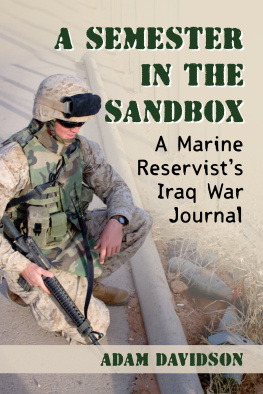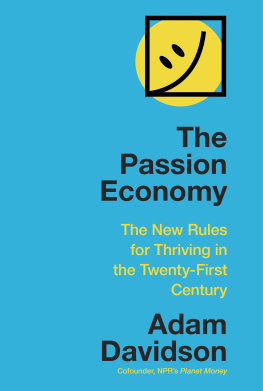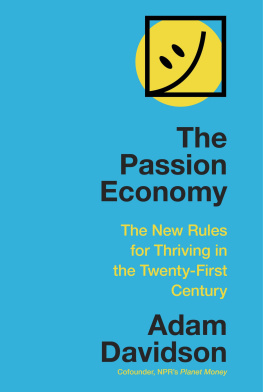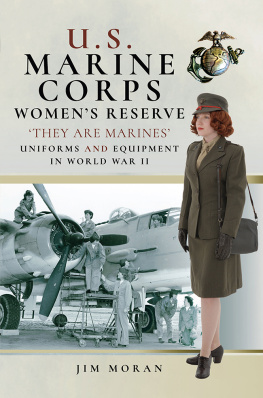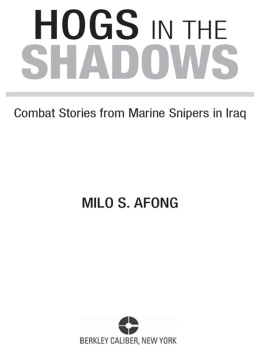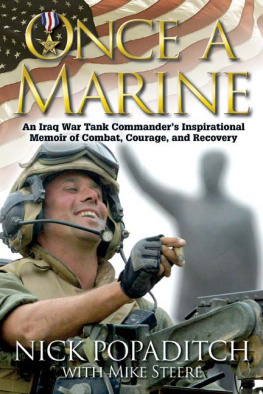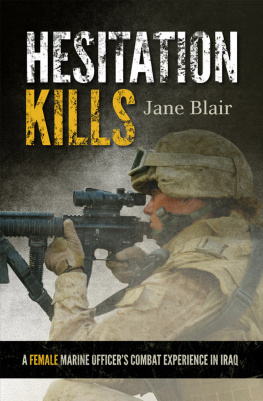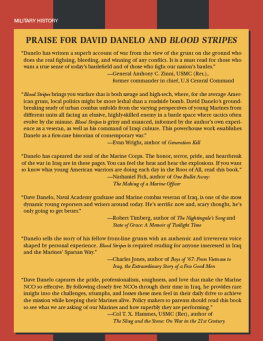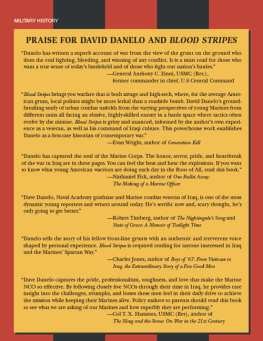
A Semester in the Sandbox
A Marine Reservists Iraq War Journal
Adam Davidson

McFarland & Company, Inc., Publishers
Jefferson, North Carolina
LIBRARY OF CONGRESS CATALOGUING DATA ARE AVAILABLE
BRITISH LIBRARY CATALOGUING DATA ARE AVAILABLE
e-ISBN: 978-1-4766-2573-7
2016 Adam Davidson. All rights reserved
No part of this book may be reproduced or transmitted in any form or by any means, electronic or mechanical, including photocopying or recording, or by any information storage and retrieval system, without permission in writing from the publisher.
Front cover photograph: The author beside a pair of artillery shell components of a large IED found along Route Mobile. The device was composed of 28 artillery shells (authors photograph)
McFarland & Company, Inc., Publishers
Box 611, Jefferson, North Carolina 28640
www.mcfarlandpub.com
To the memories of Sergeant Jesse Strong,
Corporal Christopher Weaver, Corporal Jonathan Bowling,
Corporal Bradley Arms, and Lance Corporal Karl Linn
Acknowledgments
First and foremost, I want to thank the Marines of the 4th Combat Engineer Battalion, Charlie Company, specifically 2nd platoon. From the Captain and Staff Sergeantswho guided us and looked after our well being through the deploymentto each individual Marine. We few, we happy few, we band of brothers; for he today that sheds his blood with me, shall be my brotherSemper Fi.
I also want to thank Eric Danner, without whom I would not have completed this book. Both for his insights, contributions, and editsas well as his guidance and support while I wrestled with the idea of publishing my private journal. Lastly, I would like to thank my family for supporting me and keeping me in your thoughts and prayers while I was deployed, as well as for your continued supportI couldnt have done it without you.
List of Terms
29 PalmsMarine Corps base located in the Mojave Desert, CA
4th CEB4th Combat Engineer Battalion
1/231st Battalion, 23rd Marine Regiment
.50 cal.Heavy machine gun, often mounted on a Humvee
AFBAir Force Base
ASPAmmunition Supply Point
AOArea of Operations
ATAdvanced Training, two weeks of summer training for Reservists
BOLO ListBe on the lookout list
COCommanding Officer
EODExplosive Ordnance Disposal
FLASH reportA radio message of extreme urgency
FOBForward Operating Base
GruntInfantryman
HajjisU.S. military slang for Iraqis
HardbackHumveeAn enclosed Humvee with a turret
High-back HumveeAn open-backed Humvee, similar to a pickup truck
HETHuman Exploitation Team
IEDImprovised Explosive Device
IMInstant Messenger
JBCCJoint Border Crossing Center
JSOCJoint Special Operations Command
KVFOB or Camp Korean Villagea U.S. base in Iraq
LARLight Armored Reconnaissance
LAVLight Armored Vehicle, used by LAR
M16Standard issue U.S. military rifle
M203Grenade launcher, mounted on a rifle
M240GMedium machine gun, generally carried by a two-man team
MK19Grenade launcher, usually mounted on a Humvee
Med-evacMedical evacuation
MOUTMilitary Operations in Urban Terrain
MSRMain Supply Route
MujU.S. military slang for enemy fighters, short for Mujahedeen
MWRMorale, Welfare, and Recreation Center
NVGNight Vision Goggles
OPObservation Post
PTPhysical Training
PTSDPost Traumatic Stress Disorder
PXPost Exchange, an on-base retail store
RPGRocket Propelled Grenade
RPKSoviet-era machine gun
SAPI PlatesSmall Arms Protective Inserts, plates inserted into a flak jacket
SapperAnother name for a combat engineer
SASOSecurity and Stability Operations
SAWSquad Automatic Weapon, a light machine gun
SemtexPlastic explosives, similar to C4
SMAWShoulder-launched Multipurpose Assault Weapon
SPOT reportA radio message to provide a status report
SSgtStaff Sergeant
UXOUnexploded Ordnance
VBIEDVehicle Borne Improvised Explosive Device, a car bomb
VCPVehicle Check Point
Preface
I came across my Iraq War journal while going through boxes in my parents garage. At some point during my many moves after college, I had lost track of it, and after frantically searching for a number of years, had finally given up hope of finding it. It was the most exasperating feeling; I couldnt believe I had misplaced something so important to me. I had brought home few items from Iraq: an Iraqi Army helmet, a few dozen photos, a black insurgent hood found after an ambush. But my journal mattered more than all these others. I dont usually keep a journal, but during those months in Iraq it served as my closest confidanta means to decompress, as well as a way to document everything I had been through. Upon returning to my squads tent at base camp following a mission, I would lie on my bunk and scribble down everything that had happened in as much detail as possible. I didnt want to forget a single emotion or event.
As luck would have it, my journal wasnt lost. It spent five years stuffed in a shoebox underneath some pictures and letters. I dont know how it ended up there, but as I sat in the garage and flipped through the pages, I was transported back in time as I remembered people and events I had forgotten. Reading the journal is as close as I can get to reliving some of those experiences.
I was deployed to Iraq for seven months, from late 2004 to early 2005. Immediately after returning home, the time I spent there seemed to be the only thing that occupied my mind. Even after returning for my final year of college in the fall, nearly six months after my last combat mission, I found myself struggling to focus in class as my thoughts would drift back to the war. I would reminisce and even feel nostalgic about the good times, while struggling to keep myself from letting the darker memories weigh too heavily. I found this particularly difficult in the first few months following my deployment. Reservists, unlike their active duty brethren, completely detach from the military when they jump back into civilian life after a deployment. While the military has gone through great effort to provide a suitable period of decompression following a deployment, there is no getting around the fact that the transition is jarring. Suddenly, I found myself surrounded by people who had no concept of what I had been doing just a short time ago. Initially it was an incredibly isolating and lonely feeling, particularly on a college campus that could not have felt further from Iraq. But eventually, the memories began to fade from my daily thoughts. Not that I could ever completely forget, but like all memories, they began to be slowly overshadowed by day-to-day concerns, until I would rarely catch myself thinking about Iraq at all. Now, more than ten years later, it seems a distant memory. So as I flipped through my rediscovered journal, it was almost as if someone else was talking to me. Most of the memories were still there but, surprisingly, many had faded, blurred, or morphed.
Next page
